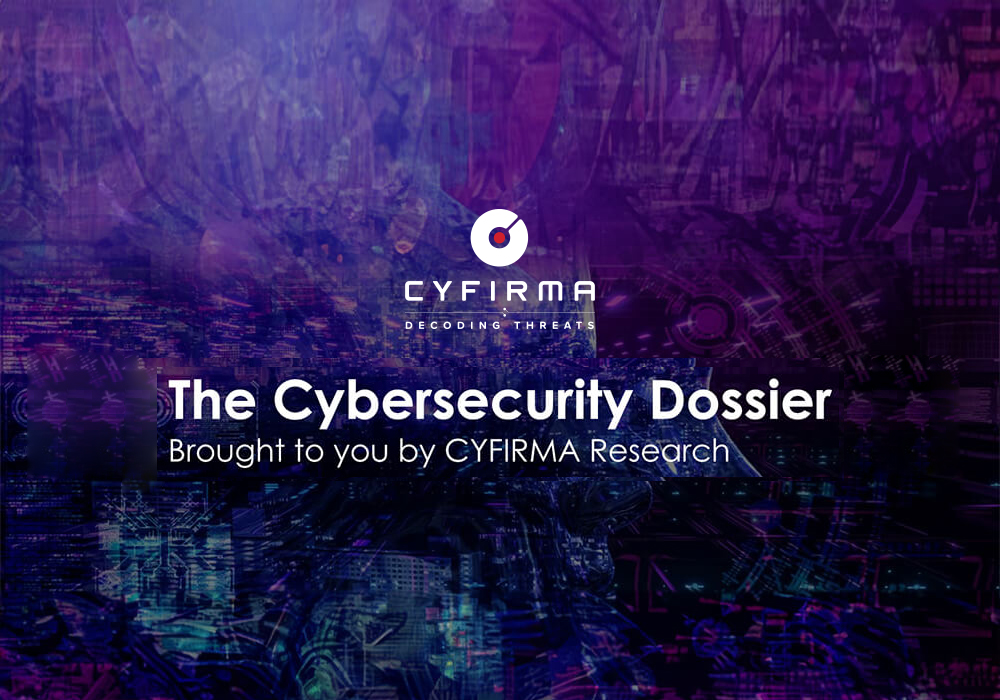Cyber Wiretap And Funds Recovery Department, In today’s interconnected world, the rapid evolution of technology has created new avenues for crime, leading to an increased demand for specialized law enforcement units. One such unit that has gained prominence is the Cyber Wiretap and Funds Recovery Department. This department plays a critical role in addressing cybercrime, safeguarding digital assets, and recovering lost funds.
Understanding Cyber Wiretap
Cyber wiretapping refers to the electronic monitoring of communication over the internet or other digital networks. This practice is essential for law enforcement agencies in investigating cybercrime activities, including hacking, online fraud, and identity theft. By intercepting and analyzing digital communications, authorities can gather evidence, track criminal networks, and ultimately bring offenders to justice.
The implementation of cyber wiretap technologies requires a delicate balance between privacy rights and public safety. Agencies must operate within legal frameworks that protect individuals’ privacy while allowing for the necessary surveillance to combat cyber threats. This often involves obtaining warrants and adhering to strict protocols to ensure that wiretapping is conducted lawfully and ethically.
The Role of the Funds Recovery Department
The Funds Recovery Department is an integral part of law enforcement’s response to financial crimes, particularly in the context of cybercrime. As online fraud continues to rise, victims often find themselves at a loss regarding how to recover their stolen funds. This department specializes in tracing and recovering assets lost to scams, fraud, or theft.
Key Functions of the Funds Recovery Department:
- Investigation and Analysis: The department conducts thorough investigations into reported financial crimes, utilizing advanced forensic techniques to trace the flow of stolen funds. This includes analyzing bank transactions, cryptocurrency wallets, and digital payment platforms.
- Collaboration with Financial Institutions: The recovery of lost funds often requires close collaboration with banks, credit card companies, and payment processors. The Funds Recovery Department works hand-in-hand with these entities to freeze accounts, reverse transactions, and identify fraudulent activities.
- Victim Support: Beyond financial recovery, the department provides support to victims of cybercrime. This includes guidance on how to report incidents, preventing further losses, and navigating the legal process for recovery claims.
- Education and Awareness: To combat cybercrime effectively, the department also engages in public outreach and education initiatives. By raising awareness about the tactics used by cybercriminals and promoting safe online practices, the department aims to reduce the number of potential victims.
The Importance of Cyber Wiretap and Funds Recovery Departments
The Cyber Wiretap and Funds Recovery Department serves as a crucial line of defense against the growing threat of cybercrime. As technology continues to advance, so do the methods employed by criminals. Therefore, law enforcement must adapt and evolve its strategies to stay ahead.
By utilizing cyber wiretapping techniques, investigators can gather vital evidence that leads to the apprehension of cybercriminals. At the same time, the Funds Recovery Department ensures that victims have a pathway to regain their lost resources, thereby restoring a sense of security and trust in digital transactions.
Conclusion
As cybercrime becomes increasingly sophisticated, the Cyber Wiretap and Funds Recovery Department is more essential than ever. This department not only aids in the apprehension of criminals but also supports victims in their quest for justice and recovery. Investing in these specialized units is crucial for safeguarding our digital future and maintaining public confidence in online financial systems. In a world where cyber threats loom large, having dedicated resources to combat these challenges is not just beneficial—it’s necessary.
You Might Also Like These:

